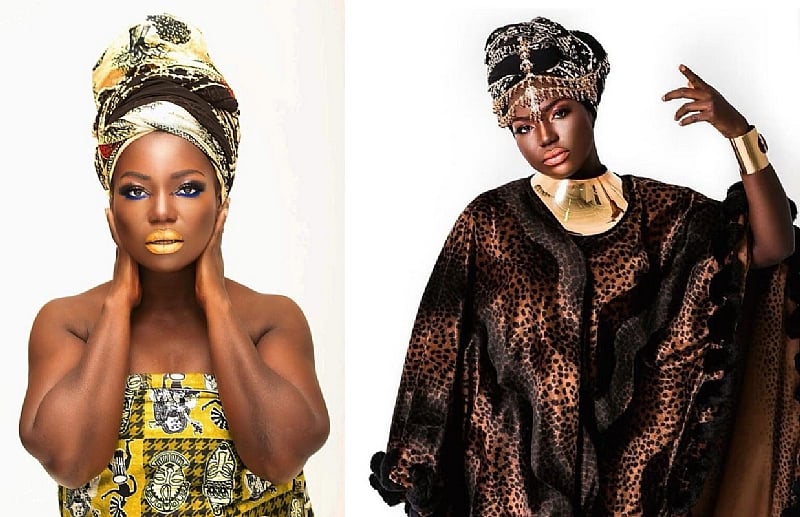Ghana’s music industry is experiencing a renaissance, driven by a wave of young, innovative artists who are challenging the long-standing dominance of Nigeria in the African music scene. This new generation of Ghanaian musicians, armed with talent, creativity, and a global mindset, are making significant strides on the international stage, garnering millions of streams and collaborating with global superstars. Artists like Black Sherif, with his unique storytelling approach, and Gyakie, with her captivating vocals and strategic international partnerships, exemplify this new wave, demonstrating the potential of Ghanaian music to resonate with a global audience. Their success signifies a shift in the power dynamics of African music, indicating that Ghana is ready to compete head-to-head with its Nigerian counterpart.
A key factor contributing to this surge is the enhanced branding and marketing strategies adopted by these young artists. Unlike previous generations, they understand the importance of creating a strong brand identity, leveraging social media platforms for engagement, and actively seeking international collaborations. This strategic approach has allowed them to reach new markets and expand their fanbase beyond the continent, a crucial element in their rise to global prominence. The availability of digital platforms like Spotify, Apple Music, and Audiomack, coupled with the viral power of TikTok, has further amplified their reach, connecting them with a broader audience and accelerating their ascent in the global music landscape.
However, despite the evident progress and growing optimism surrounding Ghana’s music industry, several challenges persist. One significant obstacle is the relative lack of major record label investment compared to Nigeria. Nigerian artists often benefit from substantial financial backing from international labels, providing resources for promotion, tours, and collaborations, opportunities that are often less readily available to Ghanaian artists. This disparity in investment highlights a critical area for development within the Ghanaian music ecosystem. While independent artists are making commendable strides, increased investment from major labels could significantly boost their careers and elevate the industry as a whole.
Another challenge lies in the need for a more robust and unified industry structure. While Nigeria boasts a well-established support system, including established talent management agencies and media platforms dedicated to promoting their artists, Ghana’s infrastructure is still developing. This gap highlights the need for greater investment in artist development, management, and media platforms dedicated to promoting Ghanaian music. A strengthened infrastructure would provide a more nurturing environment for young artists, fostering their growth and maximizing their potential to reach global audiences.
Empress Ghadafi, a respected voice in the Ghanaian entertainment scene, acknowledges these challenges but remains optimistic about the future of the industry. She emphasizes the remarkable progress made by young artists despite existing limitations and advocates for increased investment and structural improvements to propel their careers further. She highlights the need for a more unified and supportive industry ecosystem, similar to Nigeria’s, to empower young talents and unlock their full potential. This involves not only financial investment but also the development of robust management structures, promotional platforms, and strategic partnerships to amplify the reach of Ghanaian music globally.
The trajectory of Ghana’s music industry is undeniably upward, with young artists breaking barriers and establishing their presence on the world stage. As investments increase, collaborations expand, and strategic promotions amplify their reach, Ghanaian musicians have the potential to solidify their place in the global music industry, standing shoulder-to-shoulder with their Nigerian counterparts. The current momentum, fueled by talent, innovation, and a global outlook, suggests a bright future for Ghanaian music, with the potential to become a dominant force in the African music landscape and a significant player on the international stage. The combination of artistic talent, strategic marketing, and increased investment could position Ghana as the next powerhouse in African music, challenging existing hierarchies and shaping the future of the genre.














